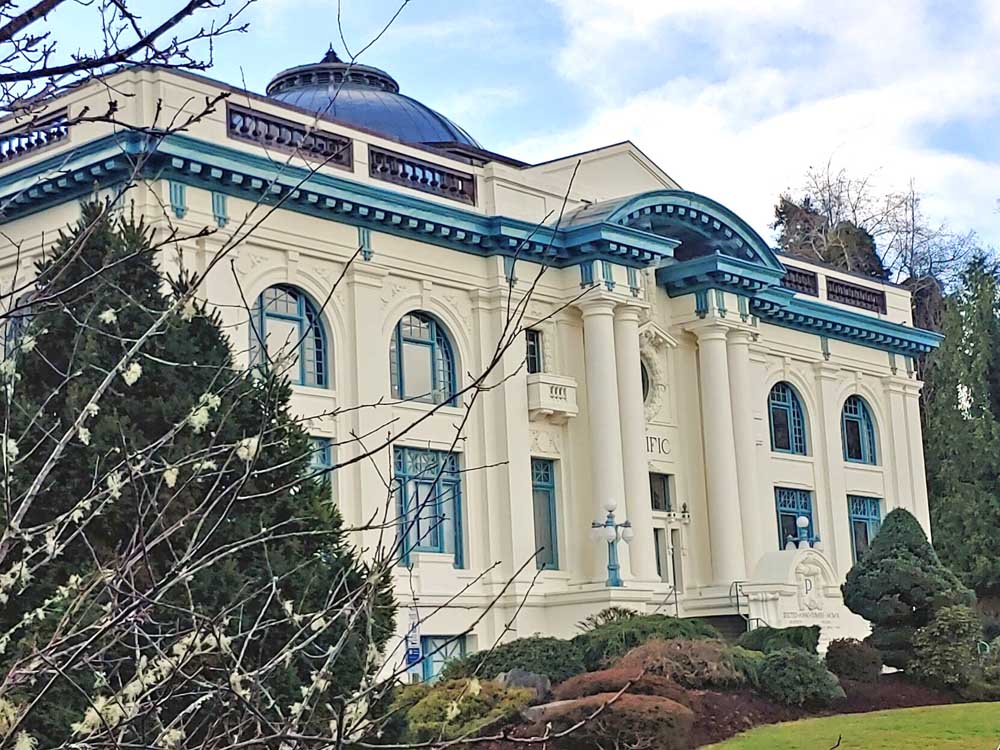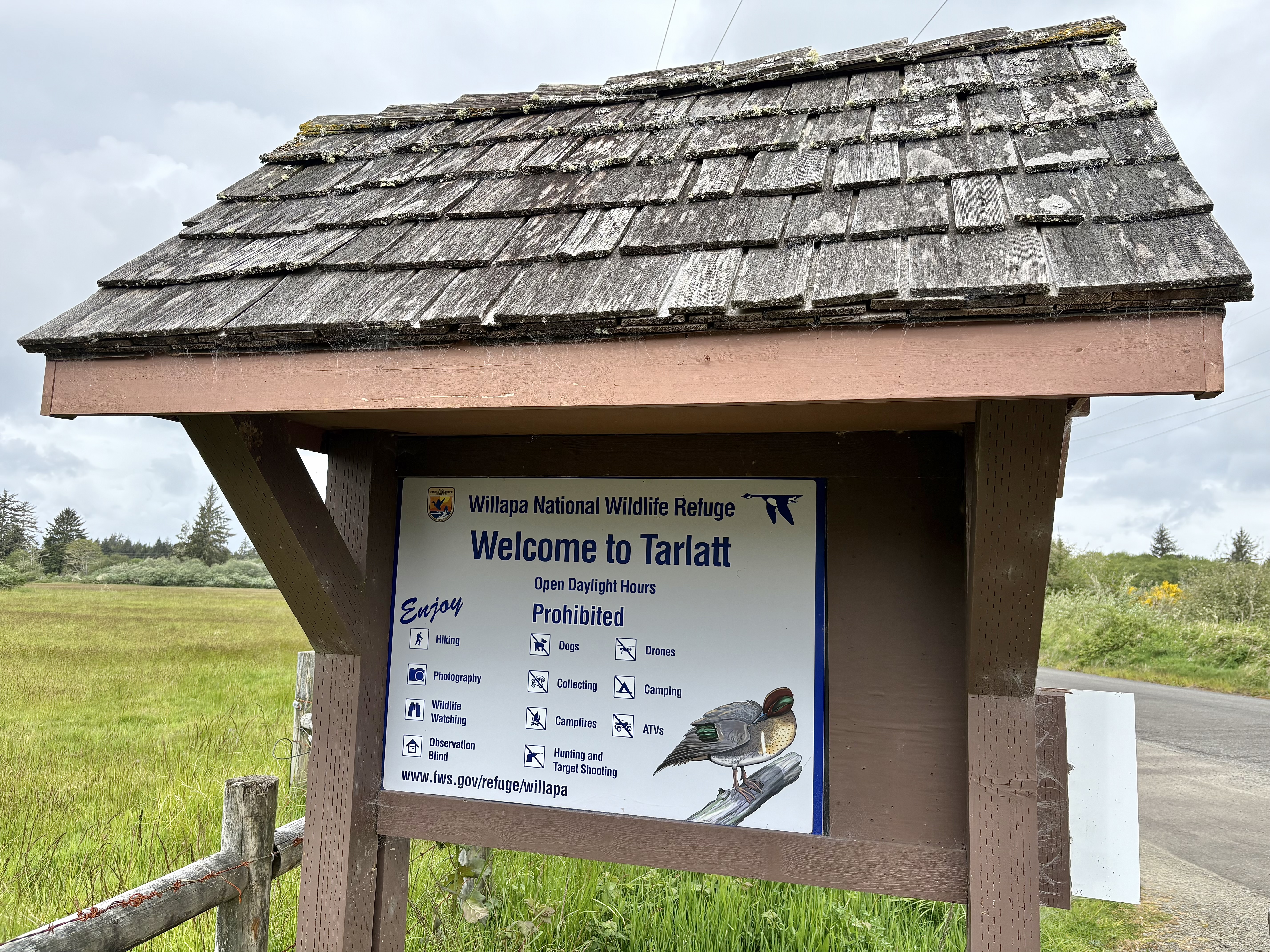New sales tax takes effect in support of affordable housing
Published 6:32 pm Monday, August 5, 2024

- Over the past decade, about $1.6 million in local investment have yielded more than $45 million in state and federal dollars to support the addition of 163 housing units in Pacific County, including the Driftwood Point Apartments in Long Beach.
PACIFIC COUNTY — A new 0.1% sales tax passed by the Pacific County Commission earlier this year went into effect last month, with tax funds going toward an issue that has weighed heavily on communities throughout the county in recent years: housing, and namely the affordable type.
Trending
County commissioners approved Ordinance No. 195 at their March 26 meeting, which tacks on an additional 0.1% to the county’s sales and use tax. The new tax, which took hold on July 1, increased the local sales tax rate from 1.6% to 1.7% — the state sales tax rate remained at 6.5%, for a total rate of 8.2% in the county’s unincorporated areas.
The funds generated are “to be used to construct, rehabilitate, and acquire affordable and supportive housing and housing-related services, including mental and behavioral health-related facilities,” according to the ordinance.
Commissioners took action after a task force it established last year recommended that the county adopt the new sales tax. The group projected that the tax, which is imposed on non-essential retail goods, would generate more than $450,000 annually and cost the average taxpayer in the county $9.38 per year — tourists and visitors would contribute about half of the overall funds, they found.
Trending
‘Having these funds available will allow us to build and preserve more affordable housing units
at a quicker pace.’
Darian Sheldon, human services program manager for Pacific County
Lawmakers changed state law in 2020 to allow 0.1% sales taxes for housing purposes to be enacted by local elected bodies. Previously, the sales tax that the task force spent the latter half of 2023 studying could only be adopted through a public vote. State law dictates that sales tax rates can only be changed three times per year — Jan. 1, April 1 and July 1.
“The adoption of this sales and use tax is a huge step forward for our county to help address the affordable housing shortage in our community,” said Darian Sheldon, the human services program manager for Pacific County. “Having these funds available will allow us to build and preserve more affordable housing units at a quicker pace.”
Factors considered
In making its recommendation for the tax, the task force found that the housing stock in the county has grown at just a fraction of the county’s population over the past 10-plus years. Pacific County’s population has grown by about 15% since 2011, while the number of housing units increased by less than 4% over that same span.
The group also cited the tripling of home prices over the past decade while the median income had risen by a much lower 34%. The wide gap, they concluded, is “pushing many Pacific County residents’ home ownership and rentals out of reach,” especially low- and fixed-income renters.
The lack of both available and affordable housing has negatively affected the ability of businesses throughout the county to recruit and retain workers. Employers told the task force that housing shortages are a significant barrier to hiring workers — especially low-income workers and those coming from outside of the area — and have led to struggles in being able to maintain an adequate workforce.
Utilizing the funds
In making its recommendation to adopt the sales tax, the task force also outlined how the funds could be utilized to make a dent into the affordable housing shortage in the county.
Ideas included using the revenue to build or acquire new multi-unit housing, as well as supporting staffing, predevelopment and needed matching funds to acquire larger state or federal grants. Over the past decade, about $1.6 million in local investment have yielded more than $45 million in state and federal dollars to support the addition of 163 housing units in Pacific County, including the Driftwood Point Apartments in Long Beach.
The tax dollars could also be put toward rehabilitating current housing stock that is in need of repair or is at risk of being lost due to expiring covenants. The task force suggested a fund be established for repairs or rehab work that can be accessed by current affordable housing providers for their units, or be used as a match to go after state or federal rehabilitation grants.
Sheldon confirmed this week that, rather than waiting for the revenue to build up to support one project at a time, the county will indeed be leveraging the funds to attract additional state and federal dollars for the purpose of building, preserving and acquiring property.
“We are very excited to have this new resource to help address the housing shortage in Pacific County,” she said.
Sheldon said the next step is to establish a process for how the funds will be made available and distributed, which she is currently working on and hopes to have finalized by the end of August. She added that the county anticipates funds being ready to contract out in early 2025.









